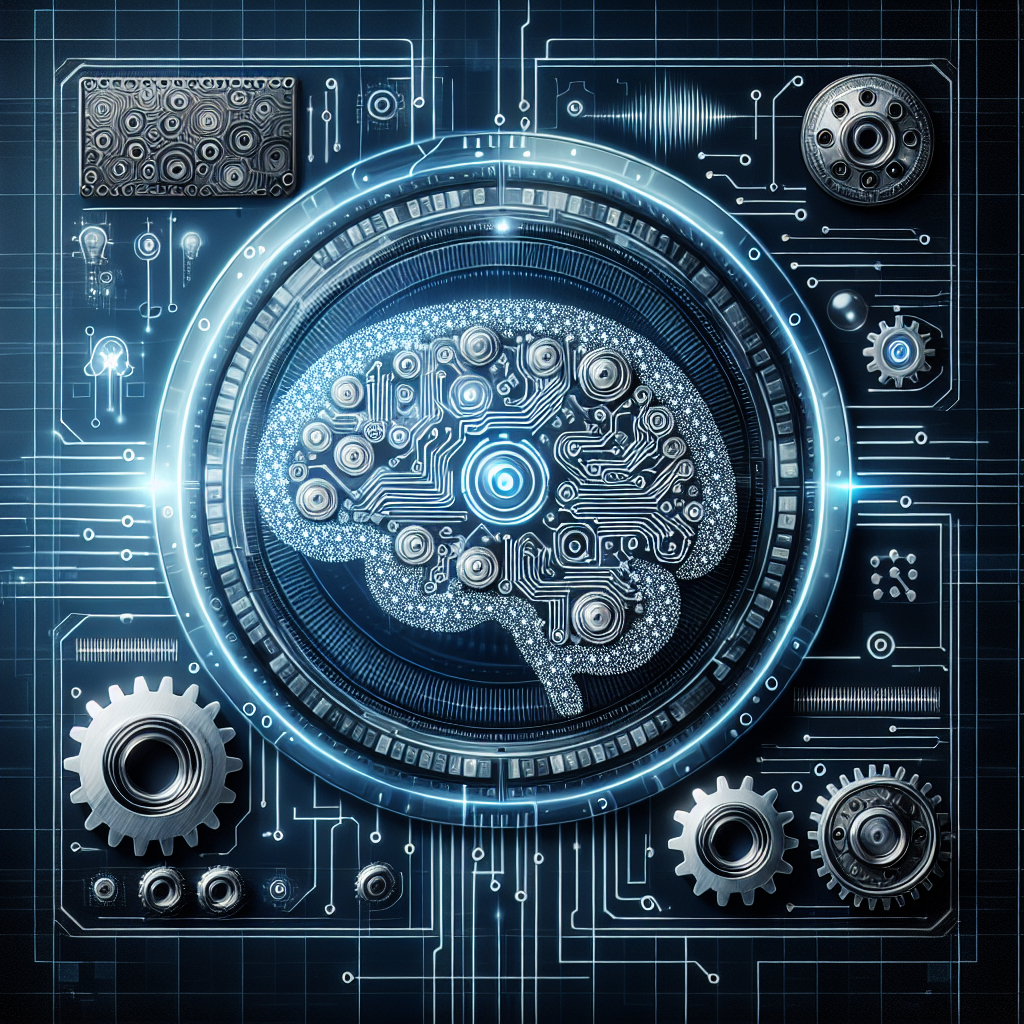Artificial General Intelligence (AGI) is the next frontier in technology advancement that has the potential to revolutionize the way we live and work. AGI refers to a form of artificial intelligence that has the ability to understand, learn, and apply knowledge in a wide range of tasks, much like a human being.
AGI is different from narrow AI, which is designed to perform specific tasks or solve particular problems. While narrow AI has made significant advancements in areas such as image recognition, natural language processing, and autonomous driving, AGI aims to create machines that can think and reason like humans.
The development of AGI has the potential to have a profound impact on society. It could lead to breakthroughs in fields such as healthcare, education, and transportation, as well as create new opportunities for innovation and economic growth. However, the development of AGI also raises important ethical and societal considerations, such as the impact on the job market, privacy and security concerns, and the potential for misuse of the technology.
In this article, we will explore the current state of AGI research, the challenges and opportunities it presents, and the potential implications for society.
Current State of AGI Research
While AGI remains a theoretical concept, researchers have made significant progress in developing AI systems that exhibit some aspects of general intelligence. For example, OpenAI’s GPT-3, a language model that can generate human-like text, has demonstrated impressive capabilities in understanding and generating natural language. DeepMind’s AlphaZero, a program that learns to play games such as chess and Go at a superhuman level, showcases the potential of AI to learn and adapt to new tasks.
Despite these advancements, AGI remains a long way off. Researchers are still grappling with fundamental challenges, such as how to create AI systems that can learn from limited data, generalize to new tasks, and reason in a way that is transparent and interpretable. The quest for AGI requires interdisciplinary research in fields such as machine learning, cognitive science, and neuroscience, as well as collaboration between academia, industry, and government.
Challenges and Opportunities in AGI Development
The development of AGI presents a number of technical, ethical, and societal challenges. One of the key technical challenges is how to create AI systems that can learn and adapt to new tasks in a way that is robust and reliable. Current AI systems are often brittle and prone to errors when faced with new or unexpected situations. Achieving AGI will require breakthroughs in areas such as lifelong learning, transfer learning, and meta-learning, as well as new approaches to model human-like reasoning and decision-making.
Ethical considerations are also paramount in the development of AGI. As AI systems become more powerful and autonomous, questions arise about how to ensure that they are aligned with human values and goals. Research in AI ethics and governance is essential to address issues such as bias and fairness, accountability and transparency, and the impact of AI on society.
Societal implications of AGI include the potential for job displacement, as AI systems take over tasks traditionally performed by humans. While new opportunities for employment may emerge in fields such as AI research, data science, and robotics, the transition to an AI-driven economy could be disruptive for workers in industries such as manufacturing, transportation, and customer service. Policies and programs to support reskilling and upskilling of workers, as well as social safety nets to protect those affected by automation, will be crucial in managing the impact of AGI on the labor market.
FAQs about AGI
Q: What is the difference between AGI and narrow AI?
A: AGI refers to artificial intelligence systems that can perform a wide range of tasks and exhibit human-like intelligence, whereas narrow AI is designed to perform specific tasks or solve particular problems.
Q: When will AGI be achieved?
A: The timeline for achieving AGI is uncertain, as it depends on a variety of factors such as technological progress, funding, and research priorities. Some experts predict that AGI could be achieved within the next few decades, while others believe it is still a long way off.
Q: What are the potential benefits of AGI?
A: AGI has the potential to revolutionize industries such as healthcare, education, and transportation, as well as create new opportunities for innovation and economic growth. It could lead to breakthroughs in areas such as drug discovery, personalized medicine, and autonomous vehicles.
Q: What are the risks of AGI?
A: The development of AGI raises important ethical and societal concerns, such as the impact on the job market, privacy and security risks, and the potential for misuse of the technology. Ensuring that AGI is developed and deployed in a responsible and ethical manner will be crucial in realizing its benefits while minimizing its risks.
In conclusion, AGI represents a new frontier in technology advancement that has the potential to transform society in profound ways. While the development of AGI presents significant challenges, such as technical hurdles, ethical considerations, and societal implications, the opportunities it offers for innovation and progress are immense. By addressing these challenges thoughtfully and collaboratively, we can harness the power of AGI to create a more prosperous and equitable future for all.

